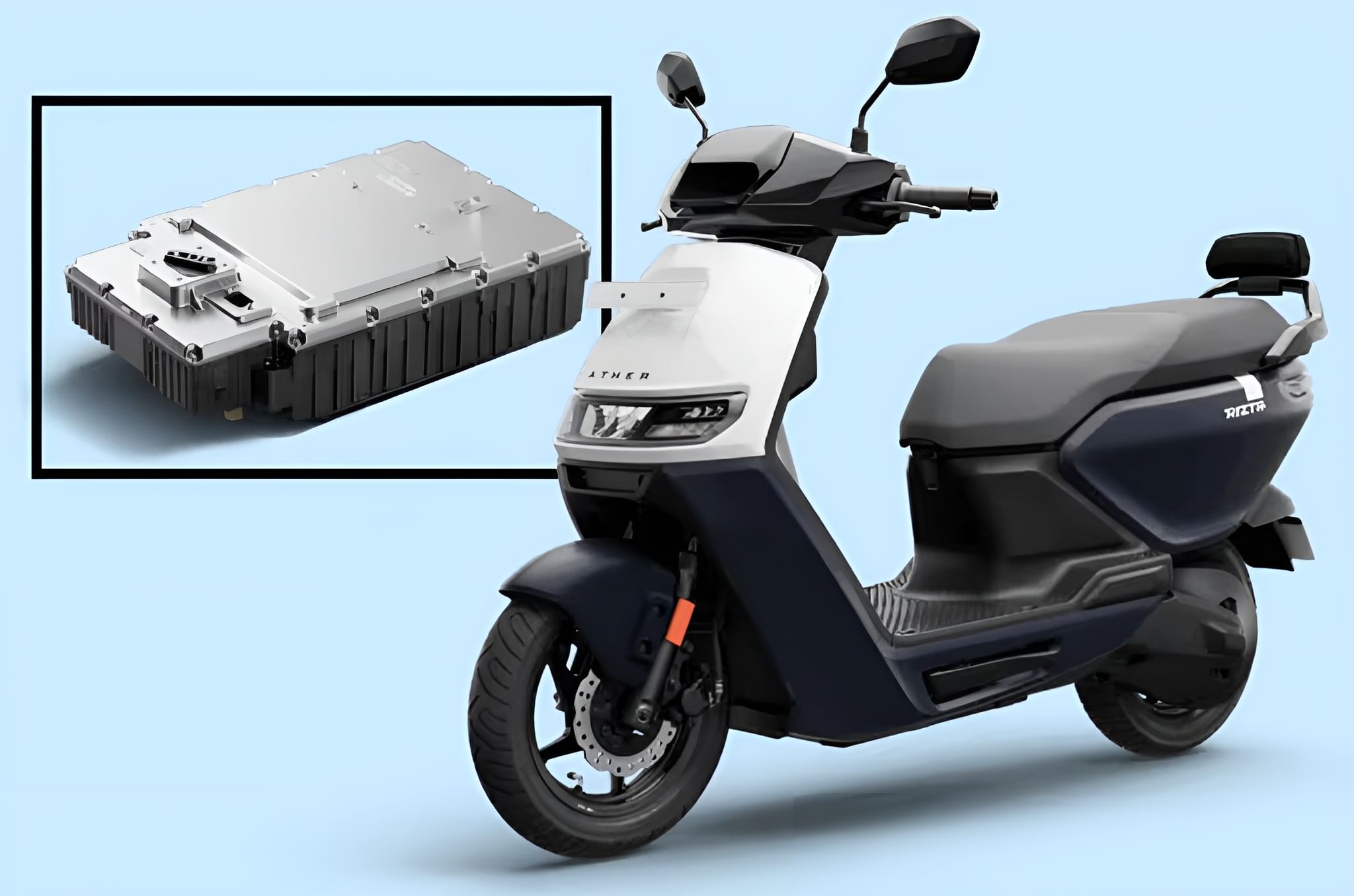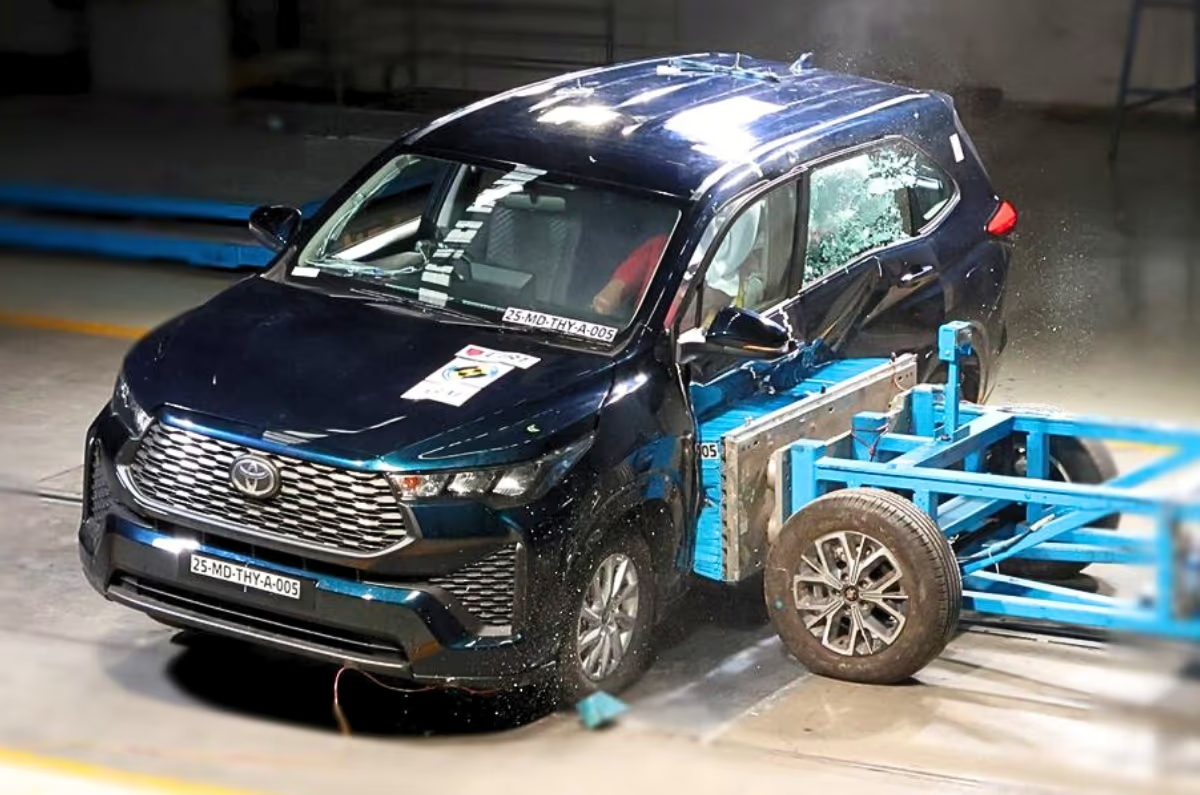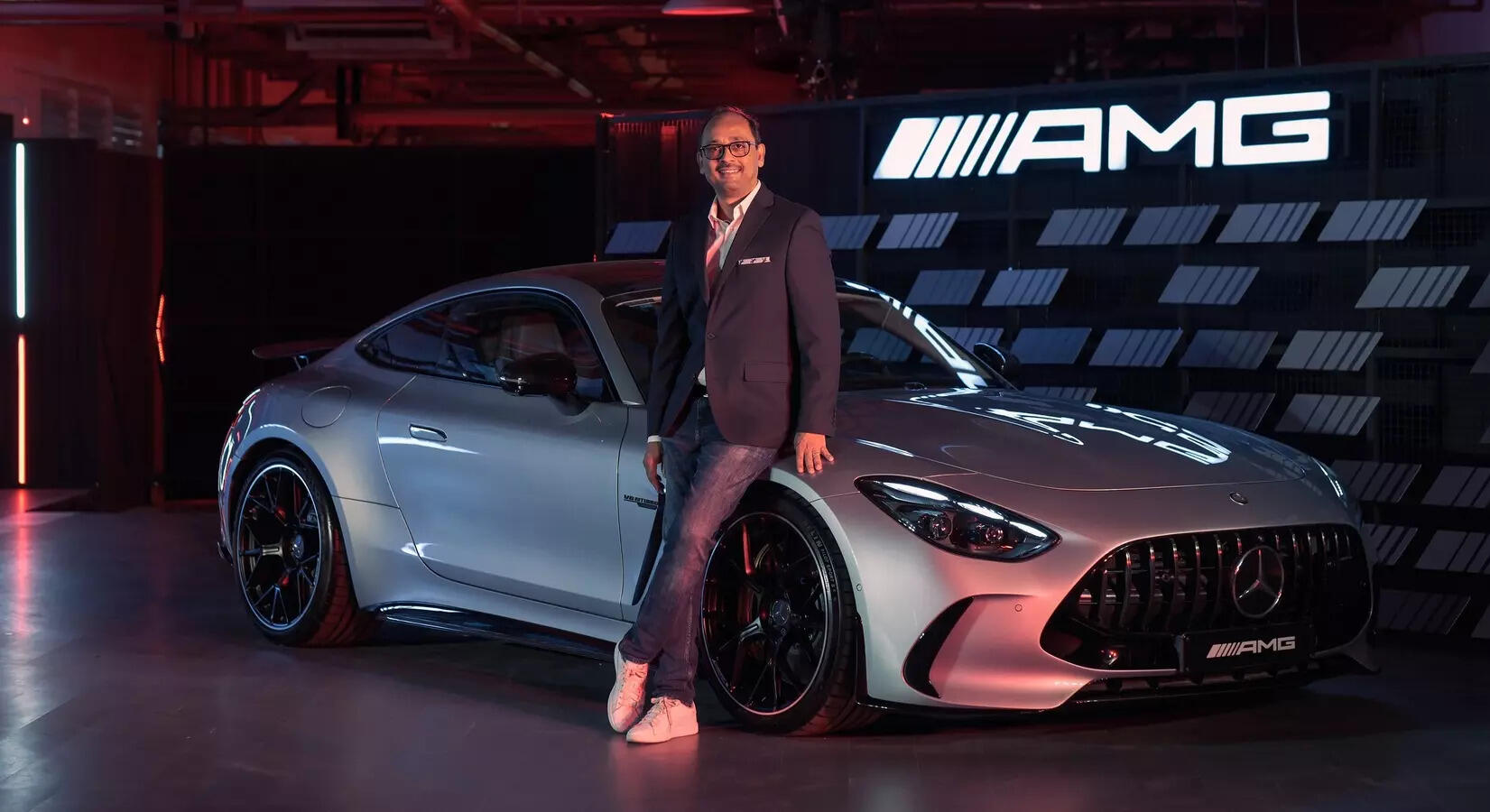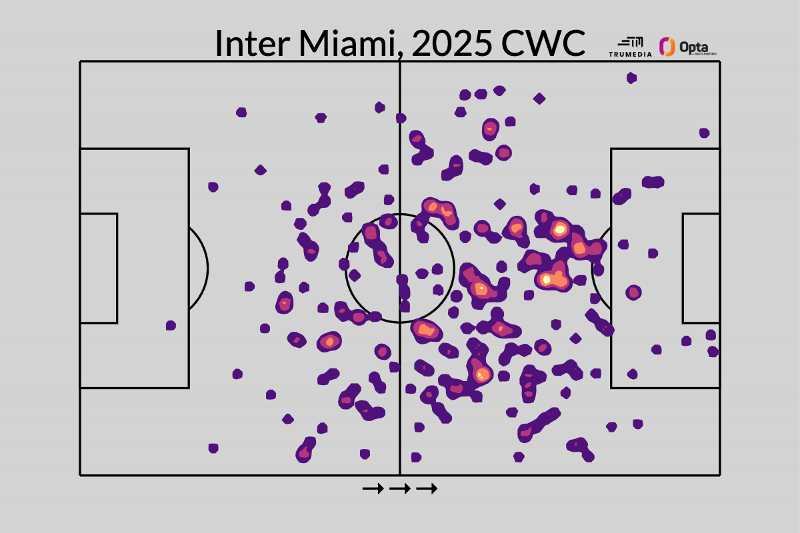
Ather Energy is set to launch a Battery-as-a-Service (BaaS) model to ramp up competition with rivals like TVS, Bajaj, and Ola Electric. Chief Business Officer Ravneet Phokela confirmed the plan.
- May reduce cost by 30-40 percent
- Owners will pay either on a subscription basis or per kilometre
- Ather plans to expand from 350 to over 750 stores by end of the year
Ather’s upcoming model
The company’s most affordable Rizta S model is currently on sale for Rs 1 lakh
Battery-as-a-Service (BaaS) is a business model that aims to make electric vehicles more affordable and competitive with ICE models by separating the ownership of the battery from the ownership of the vehicle. The model consumers pay for battery usage on a subscription basis or per kilometre driven. This reduces the upfront cost of an electric vehicle, as the battery accounts for 30-40 percent of the cost of an electric vehicle.
“Our studies indicate that there is an inherent desire in the market to buy EVs. Some consumers understand the benefit of total cost of ownership, while some have the challenge of the initial cost of acquisition. We believe this [BaaS] can solve that challenge,” Phokela said. However, Ravneet Phokela did not disclose the exact date when the company plans to launch the BaaS model. Sources said it is likely to be announced in a week.
Ather Energy’s largest shareholder, Hero MotoCorphas also announced that it will launch the BaaS model for its upcoming Vix2 Life electric scooter from July 1. Ather Energy’s plans for BaaS come amidst the expansion of its retail network and product portfolio, and technological innovation. The company is doubling its retail outlets while it is also set to unveil the next-generation fast charging technology and a new platform for affordable electric scooters.
The automaker has announced an expansion of its retail footprint to over 750 stores by year-end from the current store count of around 350. The strategy focuses on reach, entering new cities – especially North India – and density – adding outlets in high-volume metros, where half its stores drive 70 percent of sales.
The company has recently said that it will showcase the new “EL” platform and concept vehicles at an event in August. It also plans to launch next-generation fast chargers and an upgraded version of its software stack, Ather Stack 7.0. “The new EL platform, engineered to be versatile and cost-efficient, will enable Ather to expand its product lineup to cater to a wider range of customer needs, while the new fast charging solution will make charging quicker and more convenient,” the company said.
While competitors have introduced aggressively priced models to drive volumes, Ather has resisted the temptation to play in the low-cost category, under Rs 1 lakh. The company’s flagship 450 model is priced between Rs 1.2-1.9 lakh, while family-oriented Rush scooters come at Rs 1.1 lakh.
To capture a larger share of the electric two-wheeler market, Ather Energy is set to intensify its competitive efforts. This push is fueled by the plans for the introduction of the BaaS model, an affordable new scooter, advanced fast-charging technology, and an ambitious goal to double its retail presence to over 750 stores with a 1:1 sales-to-service center model.
These moves directly target Ola Electric’s strong market volume, achieved through budget-friendly models, and the significant retail advantage and customer loyalty held by established legacy manufacturers.
With inputs from Ketan Thakkar










.jpg?w=700&c=0)






.jpg?w=700&c=0)






































